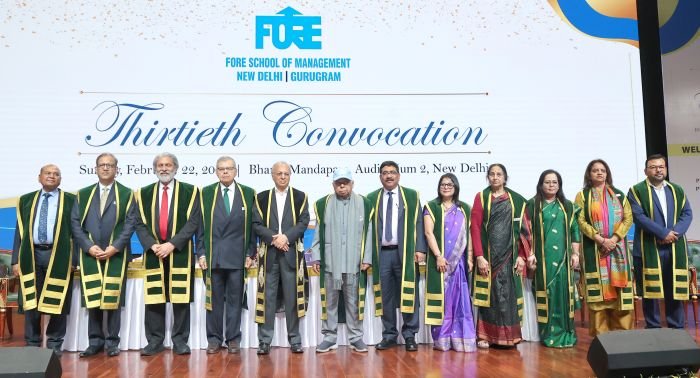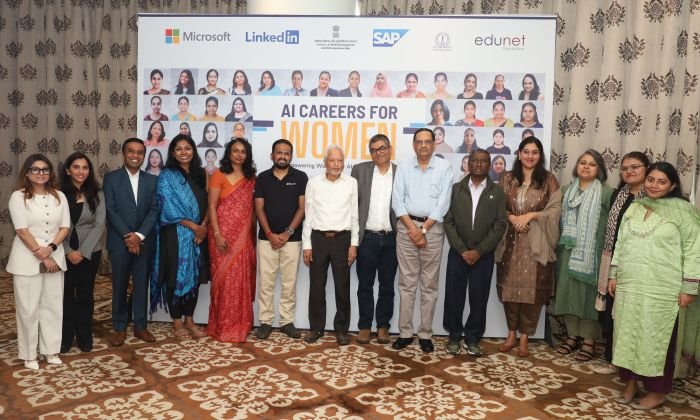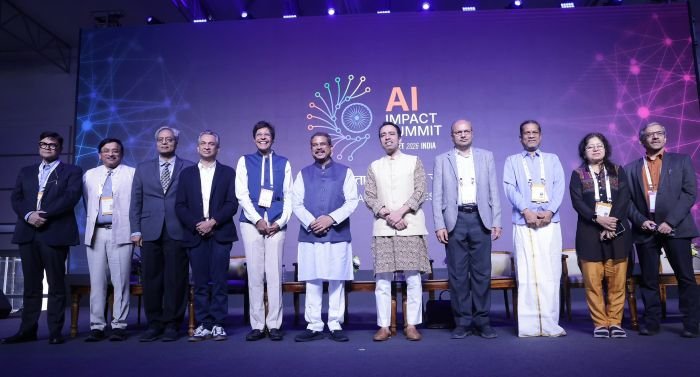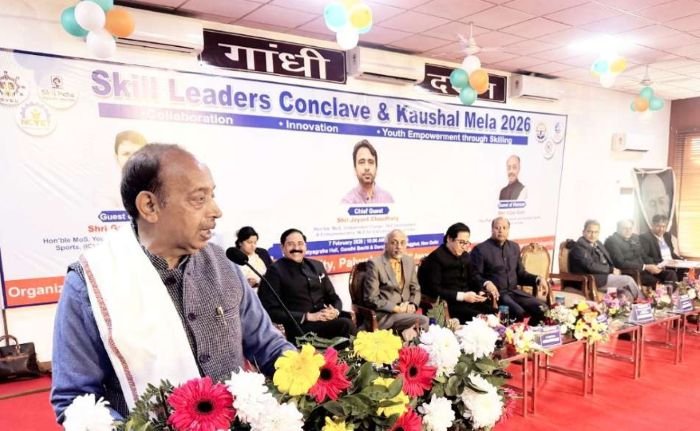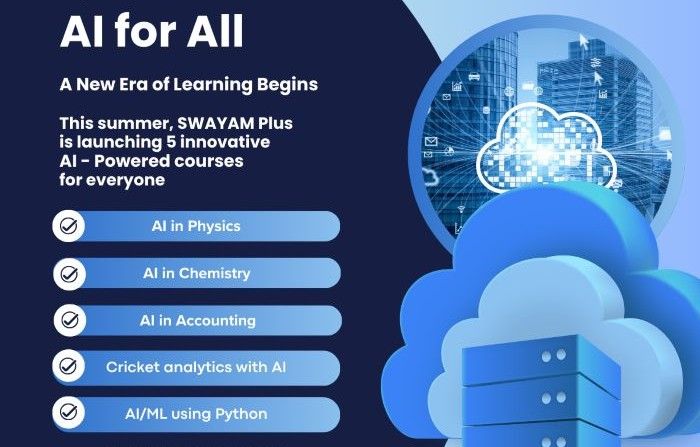
Coursera, Inc. (NYSE: COUR), a leading global online learning platform, on Aug 7 released its annual Global Skills Report, revealing a 107% year-over-year (YoY) surge in Generative AI (GenAI) enrollments in India and over 2.6 million enrollments to date — the highest of any country globally. With a rapidly growing learner base now exceeding 31 million, India has also surpassed Europe in total learner numbers on Coursera, highlighting its deepening commitment to digital transformation and job-relevant education.
Based on insights from Coursera’s global community of over 170 million learners, the report tracks emerging skill trends across more than 100 countries. Now in its seventh year, the 2025 edition ranks India 89th globally for overall skills proficiency and 19th in Asia Pacific. Indian learners demonstrate 18% proficiency in business, 22% in technology, and 20% in data science. The report also introduces a new AI Maturity Index, where India ranks mid-tier (#46), signaling a growing but uneven ecosystem for AI innovation and talent development.
India’s growing skilling ambition is backed by soaring demand for digital and AI talent. India’s AI Revolution: A Roadmap to Viksit Bharat estimates the country will need one million AI-skilled professionals by 2026. The World Economic Forum reports that 30% of Indian employers (compared to just 19% globally) are shifting to skills-based hiring by removing degree requirements. Coursera’s learner trends reflect this transition, with enrollments in Professional Certificates growing 23% YoY, alongside rising demand for employer-prioritized skills such as AI/ML (+84%), customer service (+41%), and curiosity (+32%).
“India’s digital and AI ambition is clearly reflected in both national policies and learner behavior,” said Prashasti Rastogi, Director – Coursera for Campus and Coursera for Government, India. “From national AI missions to skills-based hiring reforms and interdisciplinary education models, we’re seeing the foundations of a future-ready workforce take shape. Coursera is proud to support this transformation by partnering across education, industry, and government to build a scalable and inclusive talent pipeline aligned to India’s economic goals.”
Key findings for India:
- India leads globally in GenAI enrollments, with a 107% YoY surge. However, only 30% of GenAI learners are women, compared to 40% of overall Coursera enrollments, revealing a gender gap in emerging tech adoption.
- Professional Certificate enrollments grew 23% YoY to 3.3 million, indicating strong demand for job-relevant credentials. However, only 26% of these enrollments are from women, pointing to an opportunity for more inclusive participation.
- More than half of Coursera learners in India (52%) access the platform via mobile, reflecting the country’s strong digital adoption and widening access to flexible, self-paced learning.
- Indian learners are prioritizing full-stack development and DevOps skills, with strong demand for web development, application lifecycle management, and containerization — reflecting a clear focus on software engineering and scalable tech infrastructure.
With over 31 million Coursera learners and a median learner age of 31, India is uniquely positioned to shape the global workforce of the future. The country is expected to contribute 24% of global workforce growth over the next decade, with its working-age population projected to peak at 68% by 2030. Yet challenges remain. According to the ILO, 47% of Indian workers – and 62% of women – are underqualified for their jobs, underscoring the urgent need for outcome-based, inclusive, and scalable skilling. Bridging this gap will require coordinated national efforts – including expanding public-private partnerships, integrating micro-credentials into higher education, and scaling online learning access. Increasing women’s participation in emerging technology fields will also be critical – not just to achieve gender equality, but to unlock the full potential of India’s digital economy.
Methodology
The Global Skills Report 2025 draws on data from Coursera’s 170 million learners between March 2024 and February 2025, identifying key skills across more than 100 countries in six regions. It supports businesses, governments, and campuses in designing programs that help people thrive amid rapid change. The report ranks 109 countries based on learner proficiency across 274 skills in business, technology, and data science. Rankings combine Coursera platform data with trusted third-party metrics from the World Bank and the World Intellectual Property Organization (WIPO) to offer a holistic view of skill proficiency. For the first time ever, the report also introduces a new AI Maturity Index, which analyzes a country’s overall preparedness in AI innovation, learning, and research. This index uses Coursera learner data along with metrics from the International Monetary Fund (IMF) and the Organisation for Economic Co-operation and Development (OECD).


